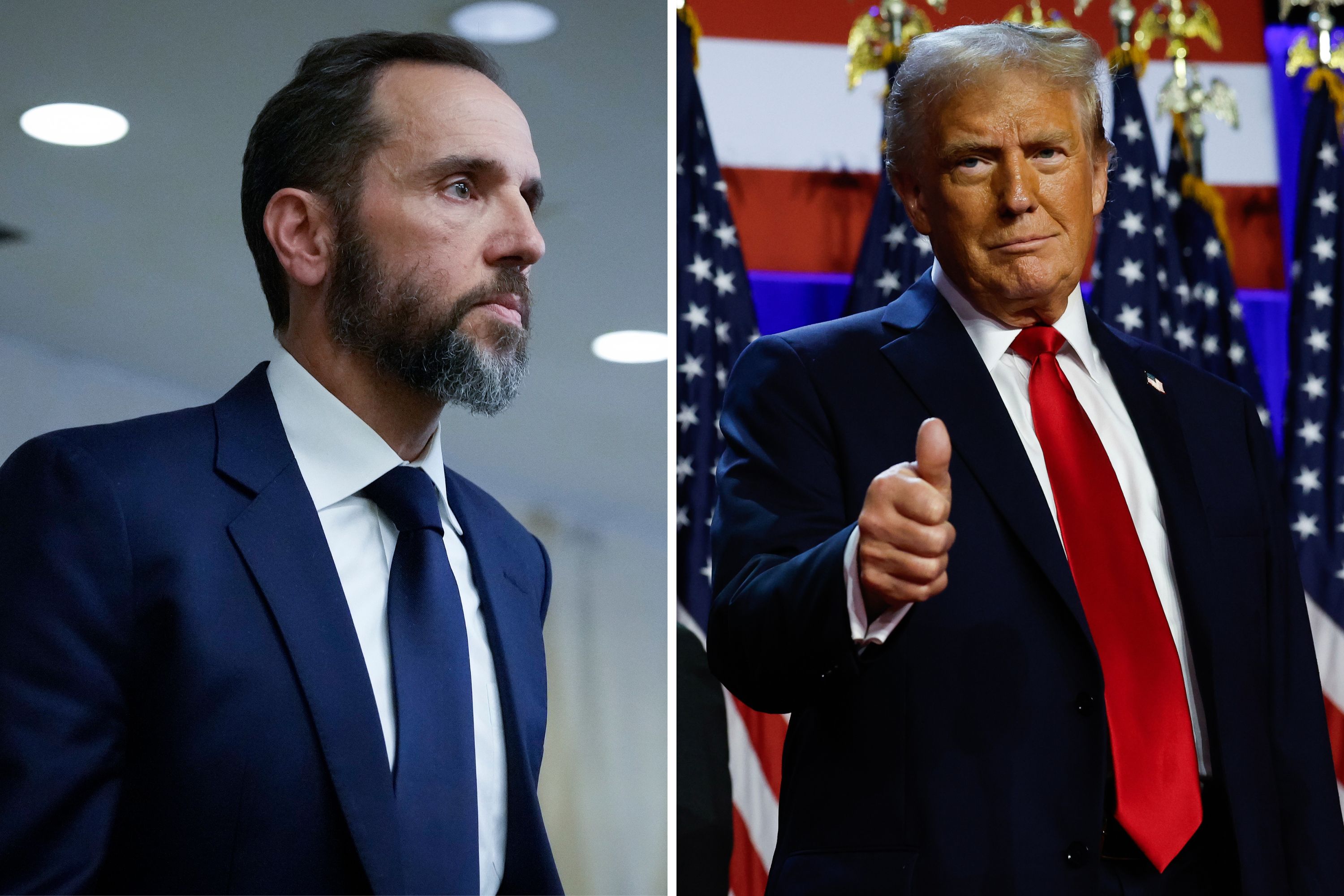South Korea held a memorial ceremony for Korean forced laborers at Japan's Sado gold mines on Monday, after the country boycotted a similar event organized by Japan the previous day.
Tensions between Japan and South Korea continue over atrocities committed by Imperial Japan against Koreans during the Second World War.
The South Korean ceremony took place at a former dormitory near the Sado mines, which have been operational since the 16th century and were designated a UNESCO World Heritage site in July.
Organized by South Korea's Foreign Ministry, the event was attended by nine family members of Korean wartime laborers, South Korea's ambassador to Japan, and other officials.

Participants offered white chrysanthemums, dried fish, and sliced fruits as tributes to the laborers, observing a moment of silence in their honor.
In his address, South Korea's Ambassador to Japan, Park Choel-hee, expressed condolences to the laborers and their families, and emphasized the need for both nations to acknowledge and preserve the painful wartime history.
"We will never forget the tears and sacrifices of the Korean workers behind the history of the Sado mines," Park said.
"I sincerely hope that today will be a day of remembrance for all the Korean workers who suffered indescribable pain under harsh conditions, and that this memorial service will bring comfort to the souls of the deceased Korean workers and their bereaved families."
Japan's Ceremony Boycotted
On Sunday, Japan held its own memorial at the Sado mines, expressing gratitude for the workers' contributions but failing to acknowledge the forced labor of Korean workers or issue an apology.
About 1,500 Koreans were subjected to harsh and abusive conditions in forced labor during World War II, according to historians.
Japan's Chief Cabinet Secretary Yoshimasa Hayashi expressed disappointment over South Korea's absence from Sunday's event.
"It is disappointing that South Korea did not participate," Hayashi said.
Hayashi told reporters Monday that Japan held the ceremony in line with its pledge at the UNESCO World Heritage committee meeting after thoroughly communicating with South Korea.
A statement from South Korea's Foreign Ministry described the boycott as a reflection of Seoul's "firm resolve not to make a compromise with Japan on history issues."
UNESCO Heritage Site
The Sado mines were added to UNESCO's cultural heritage list after Japan agreed to include an exhibit acknowledging the forced labor of Koreans and to host an annual memorial.
While some progress has been made, including new signage marking former dormitory sites and updates to a city-run museum exhibit, gaps remain.
A private museum attached to the UNESCO site does not mention Korean laborers at all.
South Korea's ceremony took place at the Fourth Souai Dormitory, one of four dormitories for Korean laborers without families.
A newly installed plaque at the site reads, "Workers from the Korean Peninsula lived here during the wartime."
Ahead of the ceremony, families of the laborers visited the dormitory site and viewed exhibits at the city-operated museum.
This article includes reporting from The Associated Press



















 English (US) ·
English (US) ·